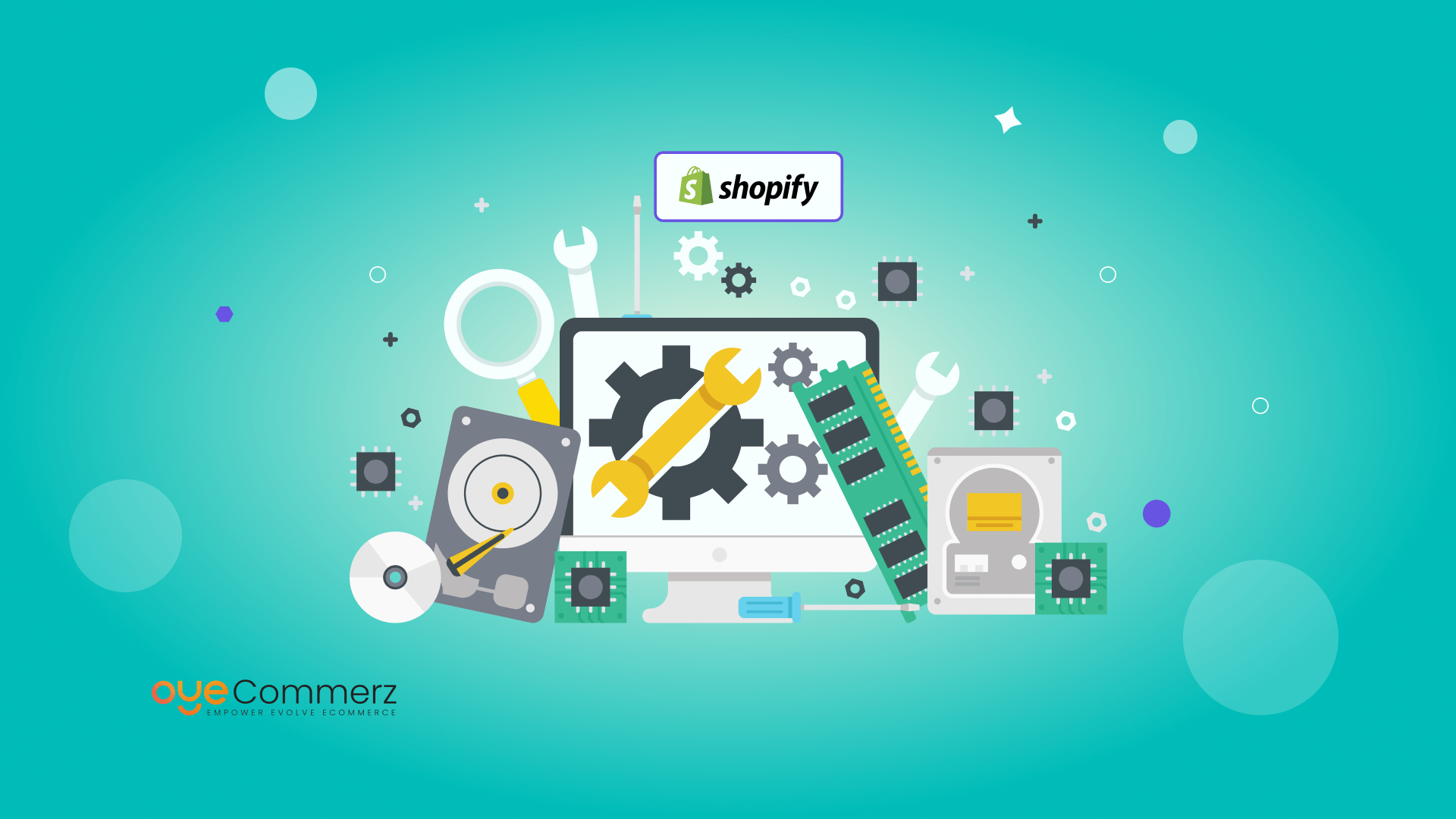Introduction
In today’s cutthroat e-commerce environment, standing out is essential, and a top method to differentiate a Shopify store is through tailored app creation. A well-built Shopify app can boost store capabilities, streamline operations, and boost customer interaction. This article explores essential aspects of Shopify app development, covering API integration and app ecosystem to growth techniques and digital marketing approaches, providing a roadmap for businesses seeking superior store performance.
Why Shopify API Integration Matters
Shopify’s API provides powerful tools to customize and extend store capabilities. With the GraphQL and REST API options, developers can retrieve information to create apps that manage inventory control, order handling, and customer information management seamlessly. Using Shopify’s API can enable improved workflow automation and allows stores to serve customers more effectively.
Adopting the Polaris Design System
Shopify’s Polaris is Shopify's design system for designing user-friendly and easy-to-use Shopify apps. By adhering to Polaris guidelines, developers guarantee that apps seamlessly integrate within the Shopify Admin experience. This provides a cohesive look and feel that resonates with Shopify merchants, encouraging ease of use and comfort for merchants utilizing your tailored app.
Understanding the Shopify App Ecosystem
The Shopify app ecosystem provides numerous opportunities for enhancing e-commerce sites. From managing fulfillment processes to boosting customer interaction, apps in this environment are tailored to meet various business requirements. Familiarizing with this system assists developers in identifying unique app opportunities and enables seamless integration of third-party services that enhance the store.
Developing Embedded Shopify Apps
Embedded apps integrate directly within the Shopify Admin, providing a smooth interface for merchants. They allow merchants do not need to navigate away from their Shopify control panel, simplifying their process. Employing Shopify App Bridge and embedded app capabilities is a best practice for offering a unified, well-integrated user environment.
Leveraging Node.js and React for Shopify Development
Node.js and React have emerged as ideal tools for Shopify app creation. This server-side framework enables efficient back-end services, while React allows for Real-time data synchronization in Shopify dynamic, responsive front-end user interfaces. Together, they provide an excellent platform for building fast, growth-ready Shopify apps that improve store performance and customer engagement.
Utilizing Webhooks in Shopify Development
Webhooks enable instant data updates between Shopify and an outside application. They trigger events such as new orders or inventory updates and send instant alerts to your app. By utilizing webhooks, apps can provide up-to-date insights for store owners, simplifying processes and increasing efficiency.
Engaging Customers Through Digital Marketing for Shopify Apps
To ensure Shopify app success, engaging customers is crucial. Using online marketing techniques like SEO, email marketing, and social media campaigns can increase app usage. Additionally, designing apps with customer engagement in mind (e.g., loyalty programs or personalized suggestions) increases user retention and loyalty.
Making Your Shopify App Scalable
As e-commerce businesses grow, so do their technology Unlocking Shopify app potential requirements. Ensuring that your app can manage higher usage, larger data sets, and more advanced functionalities is essential. By optimizing server capacity and implementing scalable technologies, you can create apps that expand in tandem with a store’s success.
Essential Features and Maintenance for Shopify Apps
For an app to be effective, it should offer essential features like user authentication, analytics dashboard, and support channels. Ongoing app maintenance, with updates to fix bugs and compatibility checks with new Shopify features, is important to ensure uninterrupted performance and prevent disruptions to merchant workflows.
Conclusion
Custom Shopify app development offers immense opportunities for e-commerce businesses, providing the chance to improve performance, simplify operations, and foster customer loyalty. From integrating APIs to ensuring scalability and customer interaction, building a Shopify app requires careful planning and well-planned actions. If you’re prepared to elevate your e-commerce experience, a custom Shopify app may be the ideal choice. What capabilities do you see for your ideal app? Share your ideas and begin the journey to an optimized e-commerce journey!
